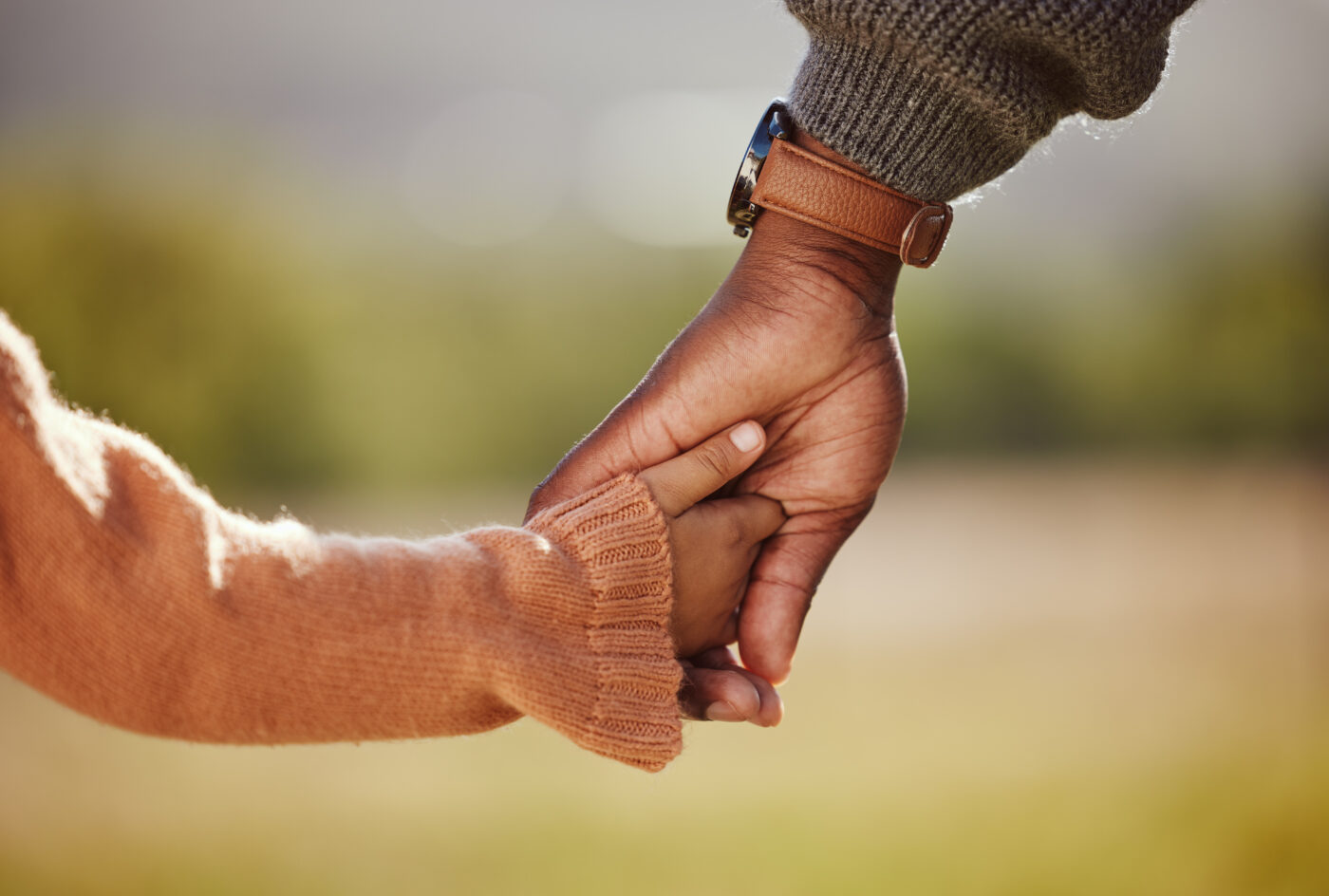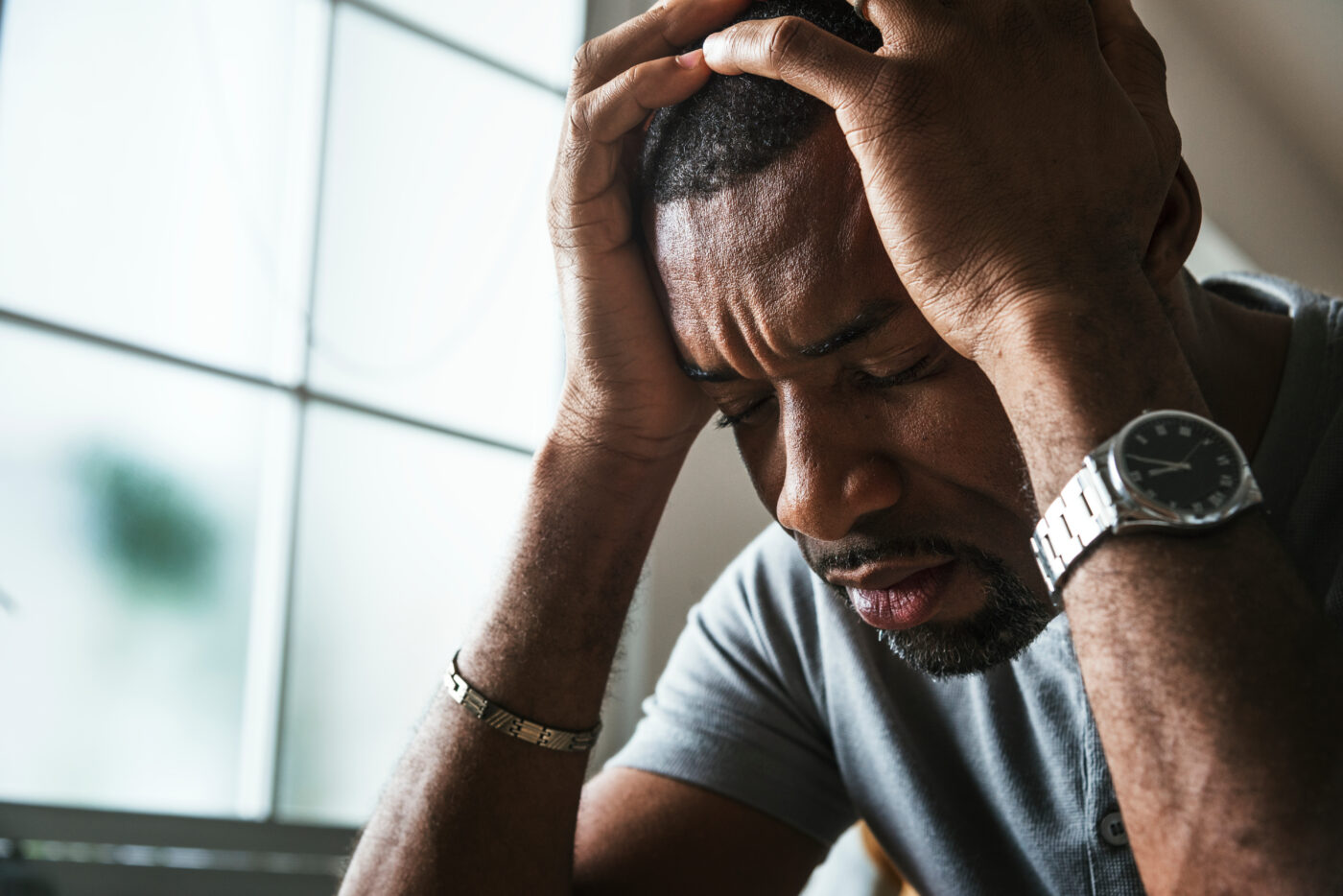Columnist George F. Will wrote (abbreviated): The Pilgrims who bequeathed to us Thanksgiving left Holland for America in part because the Dutch had too much fun, even on Sunday, when the Pilgrims’ services would last four hours, the congregation standing throughout. The Pilgrims went to America, writes author Godfrey Hodgson, not to become American but to remain English and devout. Rather than tarry among the licentious Dutch, they would risk life among Indians who, they had heard, flayed prisoners with scallop shells.
Hodgson is a British journalist and historian. His “A Great and Godly Adventure: The Pilgrims and the Myth of the First Thanksgiving” makes clear that the Pilgrims embarked on the angry North Atlantic in storm season not because they wanted to impose their strict ways on anyone but to avoid being bothered by anyone.
The first Thanksgiving feast involved a few dozen English settlers and perhaps a few hundred Native Americans who, Hodgson reports, “protected themselves from cold, insect bites, and so on with a thick layer of fat or grease. This may have made them smelly at close quarters, though hardly smellier than the Europeans who changed their clothes rarely.” The dinner probably did not include turkey, which was rarer in Massachusetts than in England, where it had been introduced from the Mediterranean, hence its name.
This year, when one of the Transportation Security Administration’s 43,000 airport screeners (perhaps two times more numerous than were Native Americans in 1620 in what is now eastern Massachusetts) confiscated a traveler’s too-large tube of toothpaste, the traveler perhaps thought: Life is hard. So it is timely for Hodgson to remind us of the admiration that is due “as a tiny band of men and women, determined to follow what they believe to be the ordinances of their God, entrust themselves to the wild freezing ocean; confront disease, starvation, ferocious enemies, and justified fear.”
Thanksgiving, Hodgson notes, is an echo of the breaking of bread at the heart of Christian worship, and of a Jewish Seder. It also is a continuation, in today’s abundance, of harvest festivals around the world, which began millennia ago, when abundance was so rare as to seem miraculous.
Hodgson thinks that Thanksgiving expresses “the deepest of all American national feelings” — gratitude. It is the inclusive gratitude “of a nation of immigrants who have lived for the most part in peace and plenty under the rule of law as established with the consent of the governed.” Celebrated by turning inward with family, Thanksgiving is, Hodgson thinks, a counterpoint to Americans’ other great civic festival, the Fourth of July:
“It is good to celebrate the public glories and the promise of American life with fireworks and speeches, better still to celebrate the mysterious cycle of life, the parade of the generations, and the fragile miracle of plenty, in the small warm circle of family, the building brick of which all prouder towers have always been constructed.”
An Englishman (Samuel Johnson) said that people more often need to be reminded than informed. Sometimes Americans need a sympathetic foreigner, such as Hodgson, to remind them of the dignity of what they are doing, on this day and all others.









